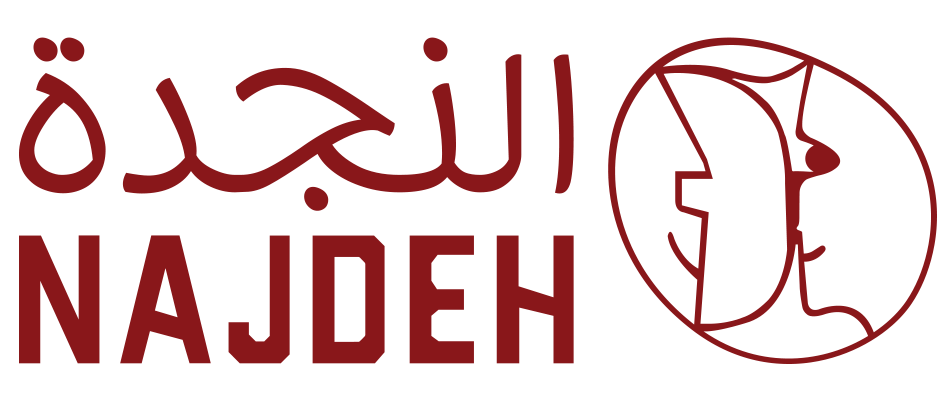
Partners in the struggle are partners in decision-making – in Ain Al-Hilweh camp.
Ain al-Hilweh, on the occasion of International Women’s Day, Association Najdeh organised an interactive and open dialogue seminar under the title ‘Partners in the struggle are partners in decision-making’, given in the presence of both male and female representatives of each of the respective factions, i.e. popular committees, foundations, civil societies, women’s committees, and activists from the local community. After being welcomed by Mrs. Bushra Al-Amin, the speech on International Women’s Day was delivered by the coordinator of the Ain Al-Hilweh branch, Ms. Jehan Awad, and focussed on ‘The role of women’s struggle in all historical stations and their distinctive role’, where glimpses of the struggle of Palestinian women were presented. From the beginning, Palestinian women were and still are partners of men in the Defence of the homeland and had organised and influential Defence initiatives, Ms. Samira Salah, a member of the Palestinian National Council and a member of the Women’s International Democratic Union, spoke about ‘the stages of Palestinian women’s struggle over the years spanning from the Balfour Declaration to the present day. Women have advanced the front lines in the national struggle, possessing a multitude of roles along the way of fighter, captive, martyr, leader, and nanny. Ms. Samira Salah stressed the role of women in the social, educational, and family aspect, and the sacrifices required of women to occupy these hierarchal positions in Palestinian decision-making and in all institutions and forums’. Furthermore, Ms. Rita Hamdan, Director of the People’s Aid Association for Relief and Development, spoke about ‘the struggle of Palestinian women alongside men in the face of the usurping occupier with their strength, and achievements in various fields. Palestinian women who make up half of society have suffered from double, national racial persecution as a result of the occupation and social gender inherited from the societal concepts, customs, and traditions’.
Media journalist, Lina Mayasi, spoke about “the struggles of Lebanese women during the wars that Lebanon went through, and the achievements she was able to achieve in obtaining the right to nominate and vote and amend some laws on women, such as criminalising domestic violence and sexual harassment.” At the end of the seminar, a set of valuable interventions were presented before the attendees.
